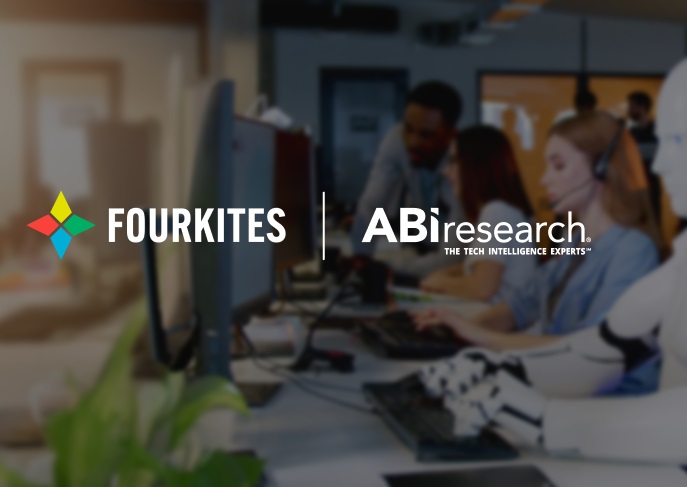FourKites®, the leader in AI-driven supply chain transformation, today released research with ABI Research exposing a costly contradiction: while 28% of supply chain executives cite working capital optimization as their top investment driver, only 37% deploy AI for risk management — the very capability that prevents the disruptions, detention fees, and expedited freight costs that trap cash in operations.
The report, “The Execution Gap: What Supply Chain Leaders Are Saying About Technology,” surveyed 490 supply chain professionals across manufacturing, retail, and logistics, revealing that companies are deploying AI exactly where it won’t unlock the working capital they desperately need.
“Executives want working capital improvements, yet they deploy AI for demand forecasting instead of disruption prevention. They’re analyzing problems instead of preventing them,” said Mathew Elenjickal, founder and CEO of FourKites. “In contrast, the 27% of organizations willing to use AI for autonomous execution can prevent detention fees before they occur, eliminate expedited freight by managing exceptions proactively, and reduce safety stock by guaranteeing reliable operations. These are direct hits to the balance sheet, delivered through AI that acts, not just analyzes.”
The research reveals that German companies often lag behind American counterparts:
- Amongst all respondents, working capital optimization leads investment priorities at 27.6% — nearly double competitive advantage (14.9%) and triple sustainability (8.4%) — yet only 37% deploy AI for risk management where it directly prevents cash-draining disruptions.
- In Germany only 33% of respondents say they’re using AI for risk management compared to 48% of Americans
- Companies deploy AI in areas like inventory management (31% in Germany and 55% in the U.S.), while avoiding automation to mitigate the disruptions that actually trap working capital
- Only 20% of German companies plan to use AI for autonomous execution compared to 31% of U.S. companies, preventing the real-time responses needed to avoid expedited costs and operational delays
“The survey identified key factors that determine whether AI investments achieve strategic goals like working capital optimization,” said Ryan Wiggin, Senior Analyst at ABI Research. “Success requires data interoperability across systems, defined processes for action, and organizational readiness — elements that many companies currently lack.”
Integration barriers reveal why the disconnect persists
The research also revealed that integration challenges often overshadow data issues. While 46% cite legacy integration and tool fit as top workflow barriers, data quality appears more often as a secondary concern, highlighting that success depends on connecting AI to existing systems
The report identifies 156 respondents who “strongly agree” with autonomous decision-making. These organizations have connected the dots: working capital optimization requires preventing disruptions, not just detecting them. While they deploy AI agents to automatically prevent detention fees and eliminate emergency freight, their competitors debate whether to trust AI with anything beyond forecasting.
To download the complete report “The Execution Gap: What Supply Chain Leaders Are Saying About Technology” and access the full survey findings, visit: https://www.fourkites.com/resources/abi-research-report-execution-gap/.







